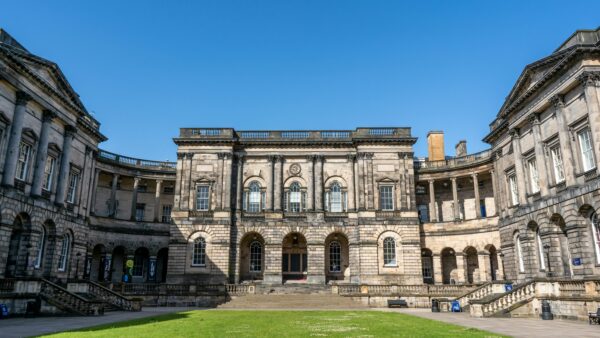The University of Edinburgh reviews its colonial past. This includes the secretive “Skull Room.” It is a bold step toward truth and justice.

A Deep Dive into History: Edinburgh’s Bold Step
The University of Edinburgh has launched its deepest-ever review into its ties with colonialism. This includes a special focus on its controversial “Skull Room,” which held over 1,500 human skulls, many taken from colonized countries.
This move is part of the university’s effort to face its past with honesty and respect. The institution wants to understand how it benefited from colonialism and slavery. It also aims to take corrective action.
You can read about how countries can now be sued for climate harm, another example of historic responsibility being taken seriously: Big News – Countries Can Be Sued for Climate Harm.
What’s the “Skull Room”?
Inside the university’s Anatomy Museum, there was a room containing human skulls from across the globe. Many were collected during the British Empire’s peak, often without permission from families or communities.
Some skulls were even from enslaved people and indigenous communities. Now, the university admits that this was deeply wrong.
This review will examine where the skulls came from, how they were acquired, and whether they should be returned to their countries of origin.
A Step Toward Repatriation and Justice
The university has said it plans to repatriate remains if families or nations request them. It’s also creating educational programs that explain its past honestly.
“We have to acknowledge the harm,” said one university official. “And we must act to make it right.”
You can see how cultural institutions worldwide are facing similar challenges. Read about how China’s cultural icons are now under pressure:
China’s Cultural Icons Face New Challenges.
Why This Review Matters Today
This review isn’t just about the past. It’s about how we build a better future. Education must not hide from history. It must confront it and help others learn from it.
Many universities in the UK and around the world are now asking:
How have we benefited from colonialism? What must we do to make things right?
The University of Edinburgh is now one of the first to take serious action.
Even global outlets like www.america112.com have covered this important story. It shows that the world is watching—and learning.
Final Thoughts
This is more than just a review. It’s a message.
The University of Edinburgh is saying, “We’re ready to change. We’re ready to listen.”
And maybe, just maybe, it will inspire other institutions to do the same.

